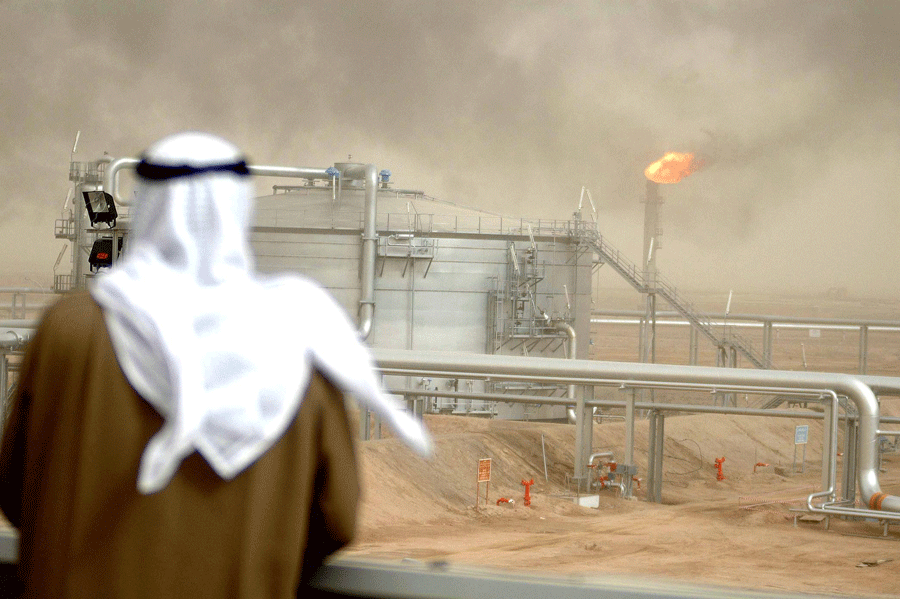jassemajaka@gmail.com
New Saudi Energy Minister Expected to Maintain Status Quo
Experts say Prince Abdul Aziz won’t change country’s oil policy
The Media Line | Dima Abumaria
For the first time, a member of the Saudi royal family has been placed in charge of the all-important energy ministry in the world’s largest petroleum exporter.
Prince Abdul Aziz bin Salman became energy minister on September 8, replacing Khalid al-Falih, one of a series of technocrats who have held the post since the ministry was established in 1960.
The appointment of the prince, who has long been a member of the Saudi delegation to the Organization of Petroleum Exporting Countries (OPEC), was announced in a royal decree published by the official Saudi news agency SPA. Abdul Aziz was born in 1960, and is 25 years older than his half brother Crown Prince Mohammad bin Salman.
The appointment comes at a time when Saudi Arabia is preparing to sell shares in the state-owned Saudi Aramco petroleum and natural gas giant, which, according to accounts seen by Bloomberg News, is the most profitable company in the world.
However, analysts in the Middle East rule out the possibility that the new minister will change Riyadh’s oil policy, since he helped to negotiate the current agreement between OPEC and non-OPEC countries, designed to reduce global oil supply, support prices and balance the market.
Sulaiman al-Oqaily, a Saudi political analyst and writer, told The Media Line that the appointment decision came “by virtue of Prince Abdul Aziz’s competence, as well as his needed and sufficient experience in oil and gas. Prince Abdul Aziz was working closely with the former oil minister and was a deputy minister for years. He is a well-versed top energy thinker, and that’s why he was selected,” al-Oqaily added.
He further stressed that Abdul Aziz was “a key pillar in forming the previous Saudi oil policies, and the current one. So why would he change it?”
Last week, former energy minister al-Falih was also dismissed as chairman of Saudi Aramco, which has the world’s second-biggest proven crude oil reserves and its second-largest daily oil production. The company also backs the kingdom’s sovereign wealth fund, the Public Investment Fund of Saudi Arabia.
Regarding the planned public offering of 5 percent of Aramco’s shares, Jassem Ajaka, a Lebanese economic and political analyst, told The Media Line that former minister al-Falih was not enthusiastic about the idea and that this could be behind his dismissal.
“We expect Prince Abdul Aziz to offer shares in Aramco for public subscription, since it will provide large revenue to the Saudi kingdom that would undoubtedly contribute to investment that aims to diversify the Saudi economy pursuant to Vision 2030,” Ajaka said.
Crown Prince bin Salman recently unveiled the economic proposal meant to reduce the country’s dependence on oil, diversify its markets and develop public service sectors.
Saleh Ghareeb, a Qatari writer and political analyst, told The Media Line that Saudi Arabia’s actions were partly being guided by regional developments.
“The appointment [of] Abdul Aziz has to do with what Saudi Arabia is planning to do in the coming phase,” Ghareeb said. “There is no doubt that Prince Abdul Aziz will use his power in the state to implement certain policies, such as that regarding [Value Added Tax], which the government previously demanded be raised to 10% [from 5%].”
Ghareeb noted that when the tax was first introduced on January 1, 2018, by the former minister, he was criticized and attacked by the citizenry. However, this would not be the case with a prince assuming the role.


